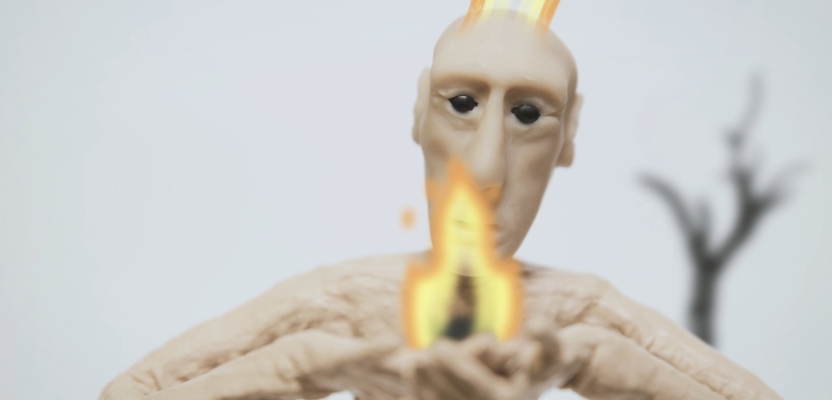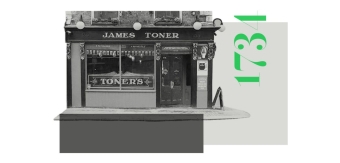How did you get into the industry?
I started making films when I was quite young, maybe 10 or 11 years old. A neighbour worked at an adult education centre in Peckham and could borrow a VHS camera they had there for me and a few other kids on the street to make little films together. By the time I was 15 or 16 I knew that I would be making films no matter what Else happened in my life.
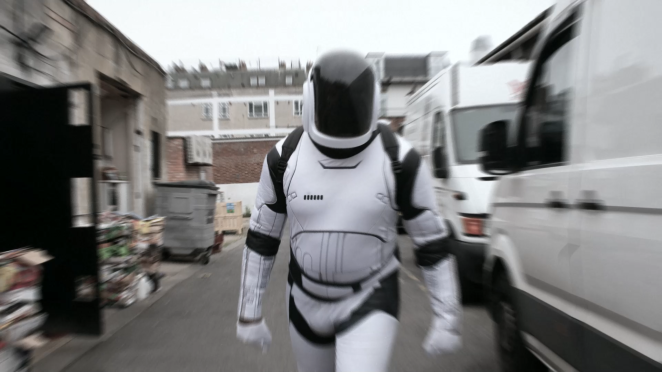
I also got into anime around that age, and I’ve bounced between live-action and animation ever since. I work in the industry today because I kept making stuff and eventually people who saw it started to think some of it was quite good.
Where are you based now and who do you work for?
I’m still in London, at least for the foreseeable future. I’ve been freelancing almost my entire adult life, and don’t have any plans to change that anytime soon. I’m lucky in a way that I work for lots of different people, and it’s quite evenly spread across music videos, corporate promos, startup launch videos, and documentary projects.
If you weren’t in your current industry, what would you be doing?
If I wasn’t paying my rent through filmmaking then I would still be making films, no question about that. I also practice other art forms and some people still think of me as a photographer first and filmmaker second. I’ve always really enjoyed writing fiction, and take it quite seriously, so if film wasn’t my main focus, then probably writing would be.
Can you explain your creative process? What makes it unique?
I don’t think there’s anything unique about my process. I still have one or two battles with my own self-doubt on everything I make but I’m getting better at winning those.
With music videos I often have a lot of creative freedom and I generally start by deciding the central skeleton of the piece, the absolute core of the idea, then blurting out a rough animatic to the track in as little time as possible before iterating from that and adding layers of flesh to that skeleton.
Sometimes I animate an entire piece straight-ahead with no storyboarding or real planning before beginning the first shot. Other times the client has such a clear and prescribed idea of what they want that there really isn’t much creative room for me to manoeuvre.
Documentaries are completely different process by their nature. It’s important to have some idea what story you’re trying to tell but there’s only so much you can decide what the film is going to “be” before you’ve got a little way into the edit.
How would you describe your style?
Someone asked me this recently in a job interview and all I could think of was “A bit ADHD?”
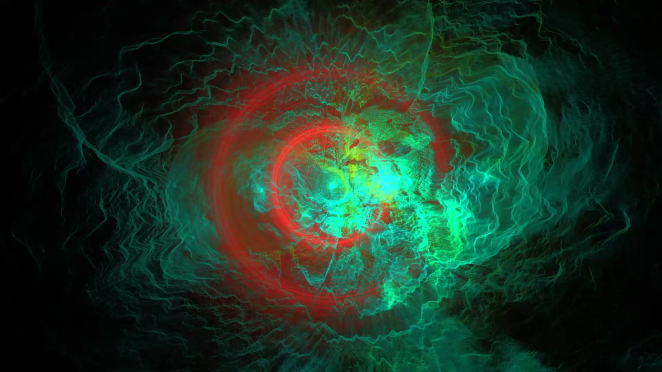
Between various animation techniques I’ve tried, and live-action work across docs, music videos, events promos and loads of experimental shorts I honestly wouldn’t know where to start.
Which individuals do you gain inspiration from? Do you have any heroes in the industry?
There are no heroes, only humans.
I like the playfulness of Masaaki Yuasa. I like the narrative structure of Mamoru Oshii. I like the impulsive lo-fi glitchy weirdness of Umami channel on YouTube. I think Yoshiaki Kawajiri had a gorgeous visual style and Miyazaki’s Porco Rosso makes me fall in love with animation all over again, every time.
I think I’m most inspired by people outside my industry. Not everything is about work, and it's important to understand life if you want to do anything with it.
What tips would you give to aspiring creatives looking for work?
Be demanding of yourself, be disciplined and regular with your craft. There’s less value in doing all the networking stuff if you don’t have any impressive work to show people. So put the time and effort into your craft first, make what you can with what you’ve got, and push your own expectations.

It’s competitive, you’re going to have to fight for paid work and some of those jobs are going to suck, some of those clients are going to suck, and some of your work is going to suck. Turn your failures into lessons and you’ll grow into someone worth hiring.
What tips would you give to other professionals to get more clients?
Be better at organising your life and your time than I am. I get about half of my work through people I personally know, but the work I really value, and gets me noticed, is the stuff I reach out for.
What kind of tools/kit/software could you not do without?
After Effects is the bread and butter of my working day. I first learned editing with Premiere Pro and still use it almost daily. Photoshop and Illustrator get used loads on certain animation projects.
What’s your secret to staying inspired and motivated?
I wish I had one, I really do. Being a visual storyteller gives me a sense of purpose and validates my existence, but I do sometimes lose motivation and struggle to finish things.
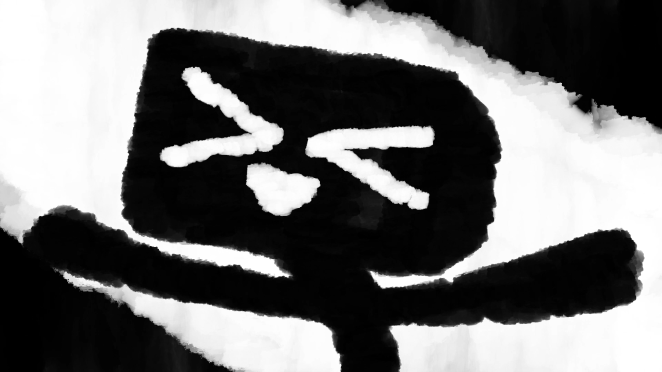
I don’t normally work regular office hours and it’s caused problems for my health and my relationships and I’m trying to be better. Endless client work will burn you out so take time off to throw some paint on a canvas, read a book, go for a walk, and tell people that you love them.
What’s the work achievement you’re most proud of?
I always liked the idea of directing music videos, and over the last few years I’ve been making a couple every year. My video for Consensus’ “The Machine” is a pretty good example of the sort of lo-fi DIY aesthetic that I like. And my recent piece for Sonic Boom Six’s “One of the Boys” is one of the most honest and fun things I’ve ever made.
In terms of my bread and butter corporate client work, a few months ago I did a two day solid shift quality checking a social ad campaign. It was a series of videos in different formats with loudsubs translated into 29 languages, about 800 videos in total. I was noticing errors that had been through several pairs of eyes before mine, making the fixes, exporting and uploading before all was double-checked and signed off. Not everyone could have managed that, so I think I did alright.
What is the one thing that you would change about the industry?
I wish it was more like the meritocracy it pretends to be.
Any websites, books or resources you would recommend?
I learned After Effects one YouTube tutorial at a time, ECA Abrams and TipTut are amazing teachers.
I entered the Sci-Fi London festival 48 hour film challenge a couple of times. That taught me a good combination of practical film skills and teamwork.
Richard Williams “the Animator’s Survival Kit” is the actual universal textbook of animation.
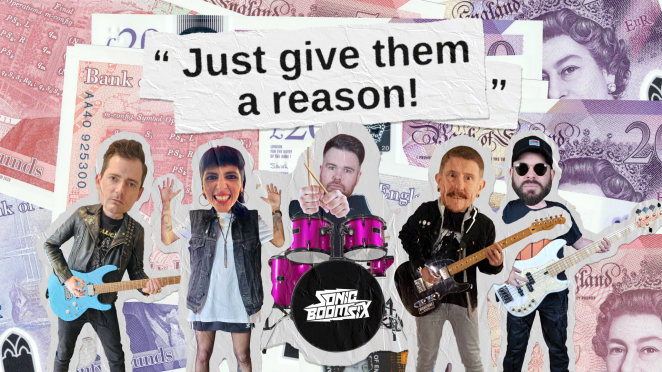
Drawabox.com is a great course on technical drawing from the very basics upwards. I drew a lot of boxes, and still do, it helped.
New Masters Academy have a YouTube channel with timed life-drawing excercises. I drew a lot of badly drawn people, until some of them started looking better.

